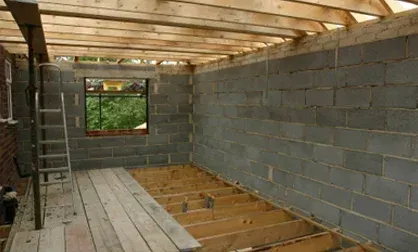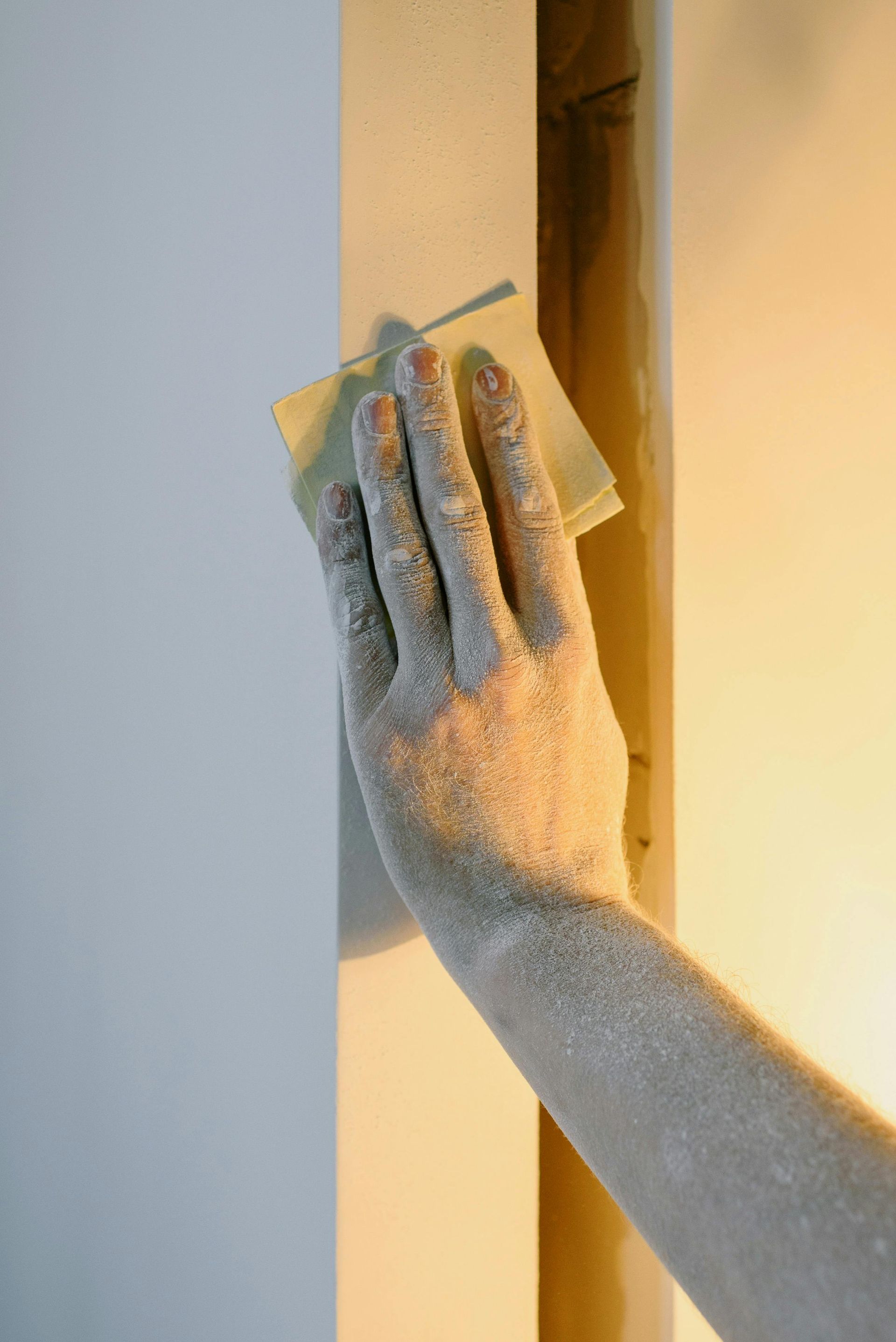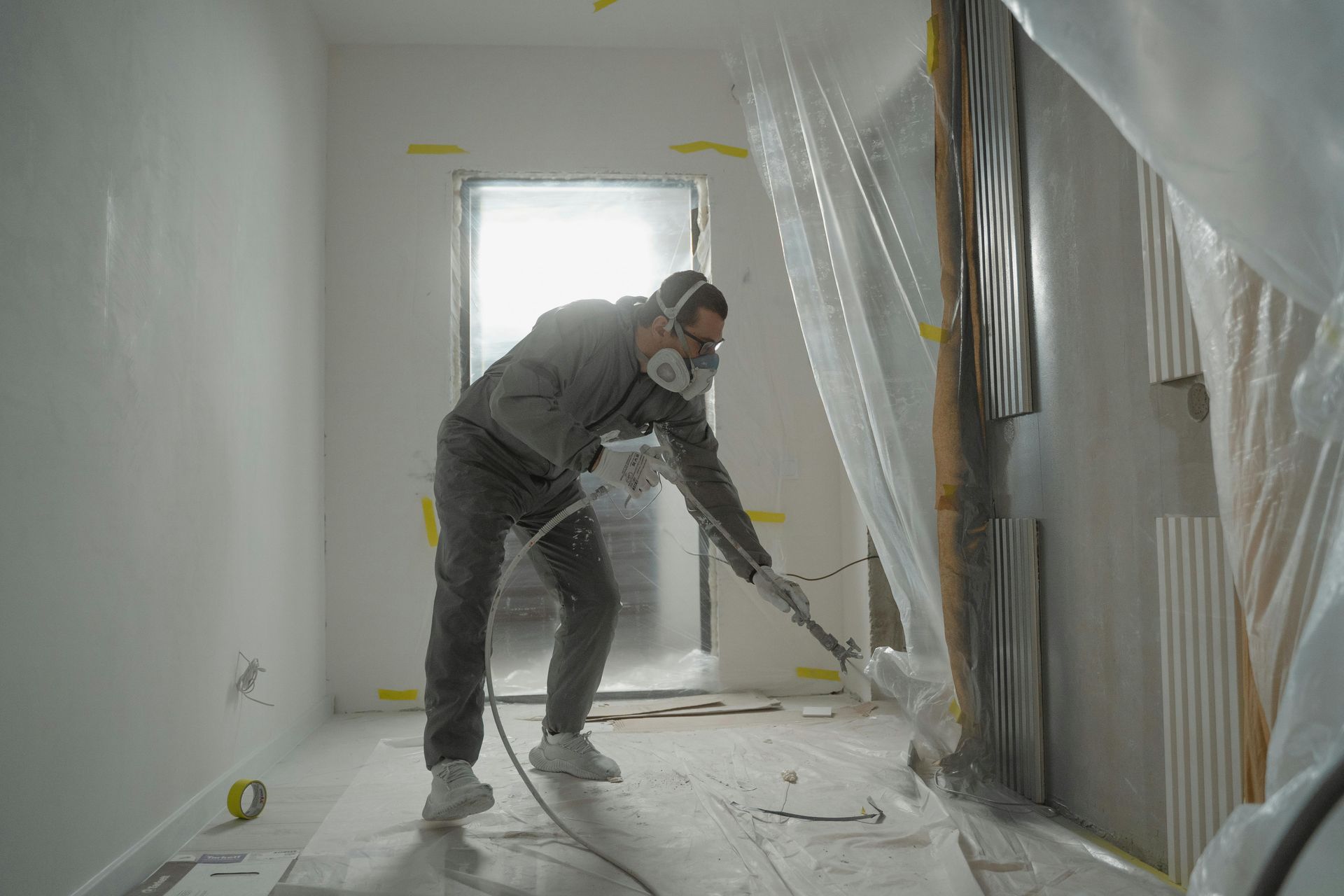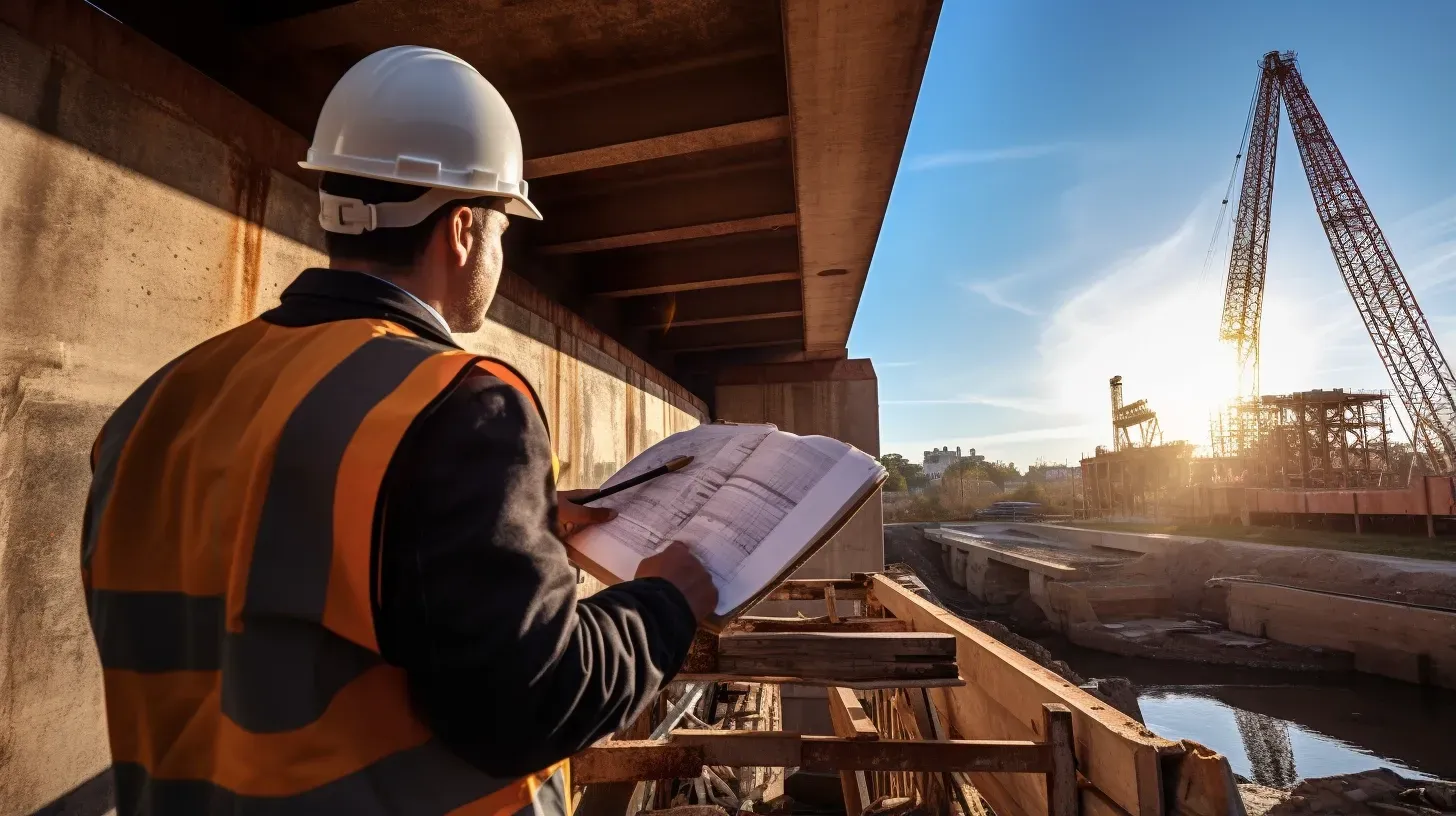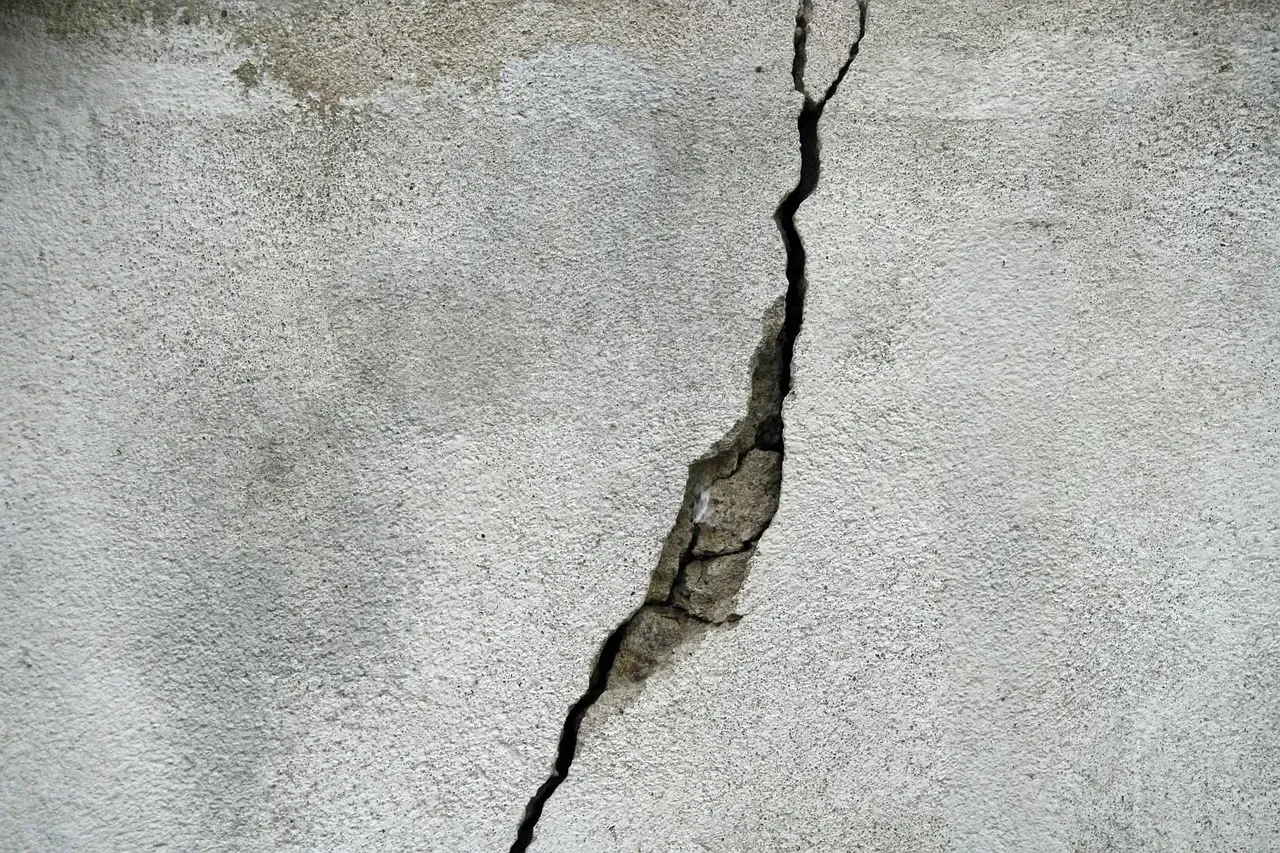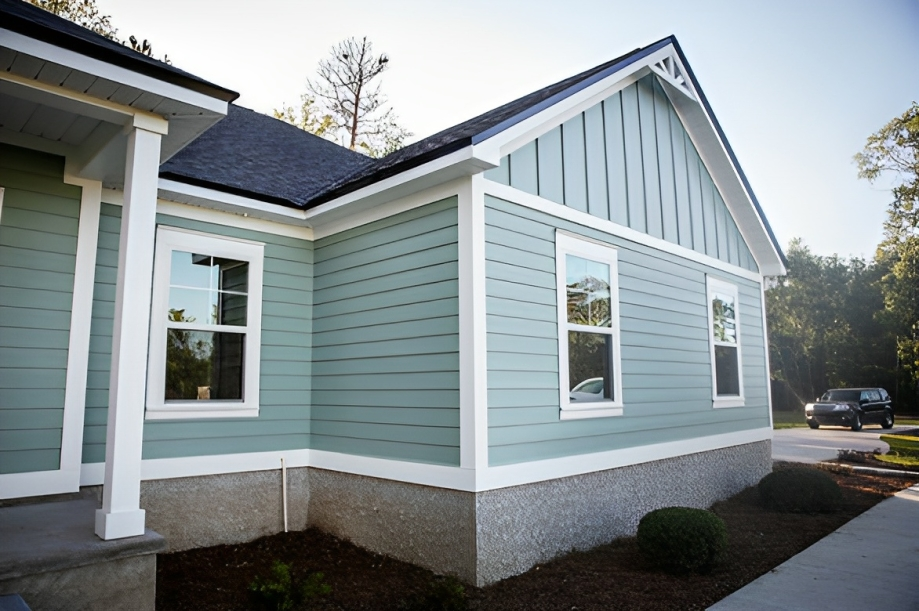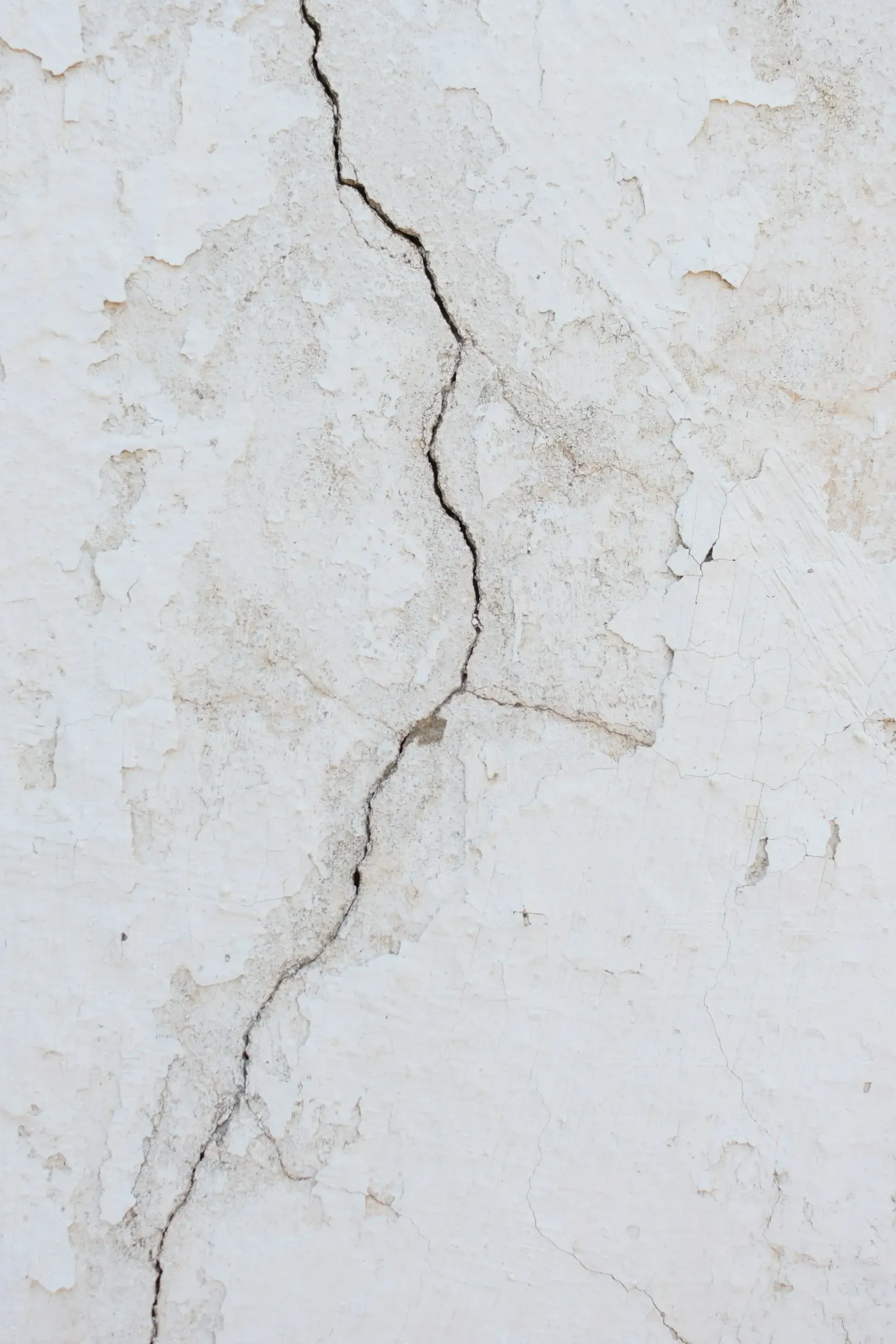CALL US TODAY · 980-522-7581
508 N Oakland Street, Dallas, NC 28034
Fax: 704.263.11199
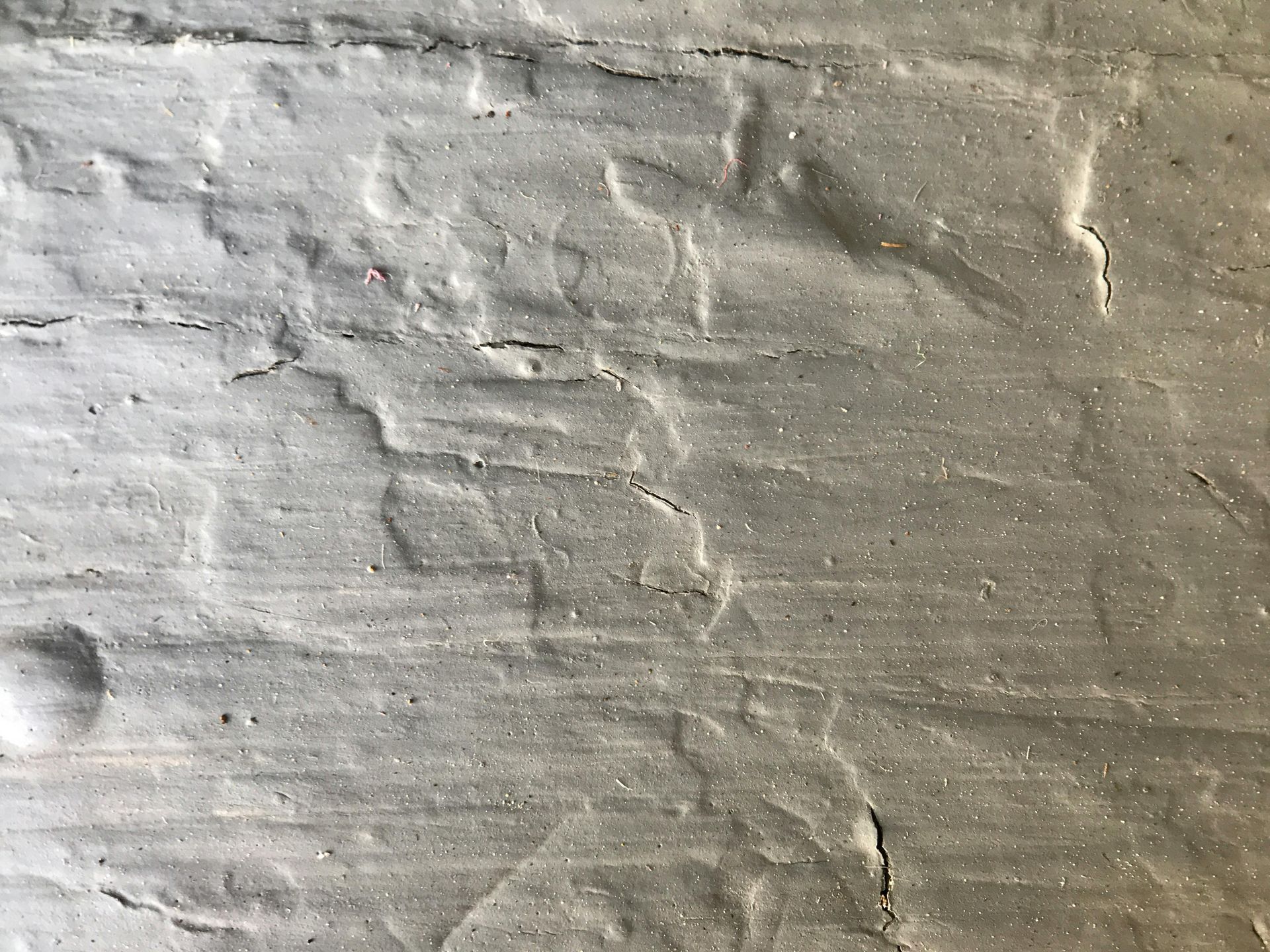
How to Identify and Repair Foundation Cracks in Your Basement Walls
Foundation cracks in basement walls can indicate structural issues that need attention. Recognizing these cracks early and understanding how to repair them can prevent more severe problems down the line. This guide covers the causes of foundation cracks, how to identify different types, and the best methods for repairs.
What Are the Common Causes of Foundation Cracks?
Understanding what causes foundation cracks is the first step in addressing them effectively. Various factors can contribute to cracks in basement walls, and knowing these causes can help you decide when it’s time for repairs.
Understanding Foundation Problems
Foundation problems often start with changes in the surrounding soil. When the soil shifts or settles, it impacts the stability of the foundation, leading to cracks. The type and condition of the soil around your home play a major role in how your foundation responds over time.
Why Cracks Develop in Your Basement
Basement cracks can develop due to several factors, including soil movement, temperature changes, and even the natural settling of your home over time. When soil is too wet, it expands, and when it’s too dry, it contracts. Both scenarios put stress on basement walls, which can lead to cracks.
How Soil Conditions Affect Foundation Walls
The soil around your home can impact the pressure on your foundation walls. Heavy rains or poor drainage can cause soil to absorb water, making it swell and push against your basement walls. On the other hand, dry soil can shrink, leading to gaps that create uneven support for the foundation, resulting in cracks.
How Can You Identify Types of Foundation Cracks in Basement Walls?
Identifying the type of cracks in your basement walls is crucial because different cracks can signal different issues. Here’s a look at the most common types of foundation cracks and what they might mean.
Recognizing Vertical Cracks and Their Implications
Vertical cracks are among the most common types of cracks in basement walls. These usually run up and down and are often less serious than other crack types. Vertical cracks are often caused by natural settling and can be relatively easy to repair. However, if they expand or allow water to seep through, they may need professional attention.
Identifying Horizontal Cracks in Your Basement
Horizontal cracks tend to be more concerning. These cracks run across the foundation wall and often suggest excessive pressure from the soil outside. They’re common in areas with high clay content in the soil, which can expand and push against the foundation walls. Horizontal cracks often indicate structural issues and should be assessed by a foundation repair expert.
Spotting Diagonal Cracks and Step Cracks
Diagonal cracks are usually found at an angle and can indicate uneven settling of the foundation. These cracks can appear if one side of the foundation settles faster than the other. Step cracks, on the other hand, are often found in brick or concrete block foundations and follow the mortar joints in a stair-step pattern. Both diagonal and step cracks require attention, as they may indicate foundation movement.
When Should You Consider Foundation Crack Repair?
Knowing when to repair foundation cracks can save you from costly structural problems down the road. Not all cracks require immediate attention, but there are certain signs to watch for.
Signs of Serious Foundation Issues
Some cracks indicate more serious structural issues. Large, widening cracks, especially those combined with other signs like sloping floors, sticking doors, or cracks in the drywall, suggest potential foundation movement. If you see multiple warning signs, it’s best to consult a foundation specialist.
When Hairline Cracks Are More Than Just Cosmetic
Hairline cracks are thin, small cracks that often form as the concrete cures and settles. While many hairline cracks are harmless, they can sometimes allow moisture into your basement. If these cracks start to grow or water seeps through, it’s a sign they may need repair to prevent further damage.
Understanding Foundation Damage Warnings
If you notice cracks that are wider at the top than at the bottom or horizontal cracks along the basement walls, they could be indicators of more severe issues. These types of cracks often suggest pressure on the foundation, shifting soil, or structural movement. Acting quickly when you spot these can prevent further foundation damage.
What Are the Best Repair Methods for Cracks in Your Basement Wall?
Choosing the right repair method for foundation cracks depends on the type of crack and its severity. Here are some of the most effective methods to fix cracks in basement walls.
Exploring Crack Injection Techniques
Crack injection is a popular and effective method for repairing foundation cracks, especially for minor to moderate cracks. This technique involves injecting a resin, like polyurethane or epoxy, directly into the crack. Polyurethane expands to fill the space and is flexible, making it a good choice for hairline cracks and cracks exposed to moisture. Epoxy, on the other hand, is stronger and more rigid, often used for structural repairs.
Using Epoxy for Foundation Crack Repair
Epoxy injections are ideal for structural cracks because epoxy bonds tightly to the concrete, reinforcing the wall. This type of repair is often used for cracks that don’t experience a lot of movement. Epoxy injections are effective for both small and large cracks and help restore the foundation’s strength.
Choosing the Right Solution for Different Types of Cracks
Selecting the right repair technique often depends on the type of crack and the underlying cause. For instance, hairline vertical cracks may only need a simple crack injection, while horizontal cracks might require more extensive structural support, like carbon fiber strips or wall anchors. Consulting with a professional can help you determine the best solution based on the specific conditions in your basement.
How Can Homeowners Prevent Future Foundation Issues?
Preventing future foundation problems is often a matter of regular maintenance and attention to detail around your home. Here are some practical steps to help keep your foundation in good shape.
Tips for Maintaining Your Concrete Foundation
A few simple habits can go a long way in maintaining your foundation. Inspect your basement walls regularly for new or expanding cracks, especially after heavy rainfall or seasonal changes. Keep an eye on small cracks and seal them promptly to prevent water from seeping through. Additionally, avoid storing heavy items close to foundation walls, as added weight can increase stress over time.
Managing Water Drainage Around the Foundation
Water management is crucial for preventing foundation issues. Make sure your gutters are clear and direct water away from the house with downspouts that extend several feet from the foundation. Proper grading around your home can also prevent water from pooling near the foundation. Adding drainage solutions, like a French drain or sump pump, can be beneficial in areas with high groundwater or heavy rainfall.
Regular Foundation Inspections and Their Importance
Scheduling regular foundation inspections with a professional can help catch early signs of trouble before they become major issues. A professional can assess factors like soil conditions, foundation movement, and the condition of existing repairs. These inspections can give you peace of mind and save on future repair costs by identifying problems early on.
Conclusion
Foundation cracks can lead to serious issues if left unchecked, but early identification and repair can make all the difference. By understanding the types and causes of cracks and taking preventive measures like drainage management and regular inspections, you can protect your home’s stability for years to come.
Need professional help with foundation or structural repairs? Reach out to Structural Works Group. Serving Charlotte, Concord, Gastonia, Mooresville, and Shelby, they specialize in foundation repair, crawlspace remediation, and more. Whether you need structural repair, home inspection repairs, or wood deck inspections, their experienced team is ready to help you keep your home safe and secure.
FAQs
What causes foundation cracks in basement walls?
Foundation cracks in basement walls can be caused by several factors including soil settlement, hydrostatic pressure, and temperature changes. Cracks are a common occurrence in many homes but can vary in severity. Identifying the cause is crucial for appropriate foundation repair.
How can I differentiate between cosmetic cracks and structural problem cracks?
Cosmetic cracks, such as hairline cracks, are typically minor and don't affect the structural integrity of your home. Structural problem cracks, like stair-step cracks or those wider than a quarter inch, may indicate a more serious issue with your foundation wall and require professional foundation assessment.
What are some common types of cracks in concrete foundation walls?
Common types of cracks in concrete foundation walls include shrinkage cracks, diagonal foundation cracks, and horizontal cracks. Shrinkage cracks are usually cosmetic and occur as concrete cures, whereas diagonal and horizontal cracks can be a sign of foundation settling or pressure issues.
Can foundation cracks compromise the structural integrity of my home?
Yes, certain cracks, such as stair-step cracks or those related to a settling foundation, can indicate issues that might compromise the structural integrity of your home. It's important to monitor any changes in crack width or direction and consult a foundation expert if you suspect a problem.
What is the typical repair cost for fixing foundation wall cracks?
The repair cost for foundation wall cracks can vary widely depending on the severity and type of crack. Minor cosmetic cracks may only require simple repairs like epoxy crack injection, while significant structural issues might involve extensive foundation repair, potentially costing thousands of dollars.
How can I prevent cracks from forming in my basement walls?
To prevent cracks, ensure proper drainage away from the foundation, maintain gutters and downspouts, and control soil moisture levels around your home. Regular inspections can help detect early signs of foundation settling or other issues before they lead to major cracks.
Should I attempt to repair basement wall cracks myself?Should I attempt to repair basement wall cracks myself?
While minor cosmetic cracks can sometimes be repaired by a homeowner, it is advisable to consult a foundation specialist for more significant cracks. Repairing a foundation crack improperly can lead to more serious problems down the line, so professional guidance is recommended for active cracks or those indicating a structural problem.
What are the signs that I need professional foundation repair?
Signs that you might need professional foundation repair include visible stair-step cracks, horizontal cracks wider than a quarter inch, foundation wall cracks that are spreading, or doors and windows that stick. These can all be indicative of underlying structural issues.
Are cracks in block foundations different from those in poured concrete?
Yes, cracks in block foundations and poured concrete can differ. Block foundations may show stair-step cracks due to settling, while poured concrete foundations might develop shrinkage cracks as the concrete cures. Both types of cracks require careful evaluation to determine if they are a sign of foundation settling or other issues.
Send us a Message
We will get back to you as soon as possible
Please try again later

